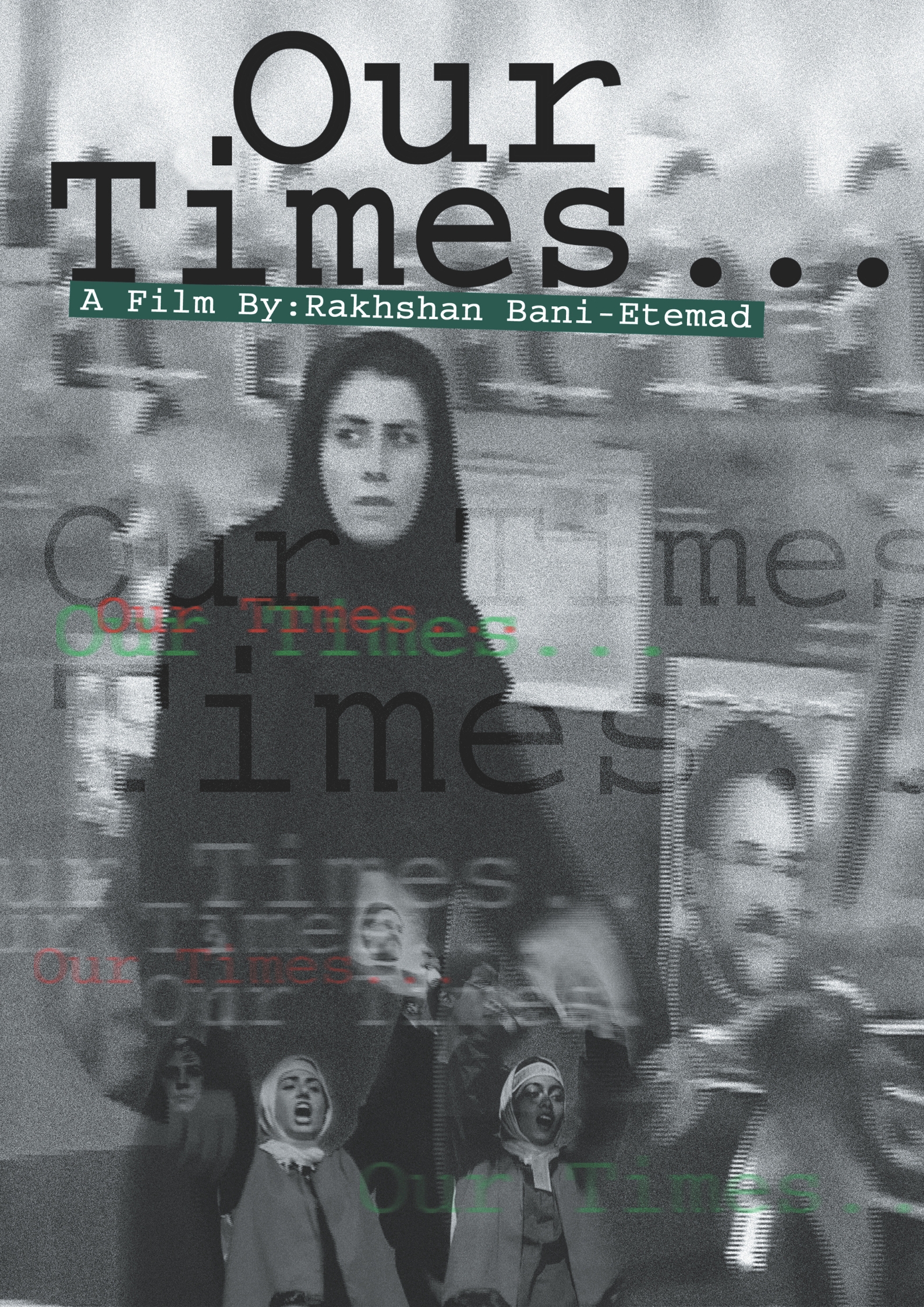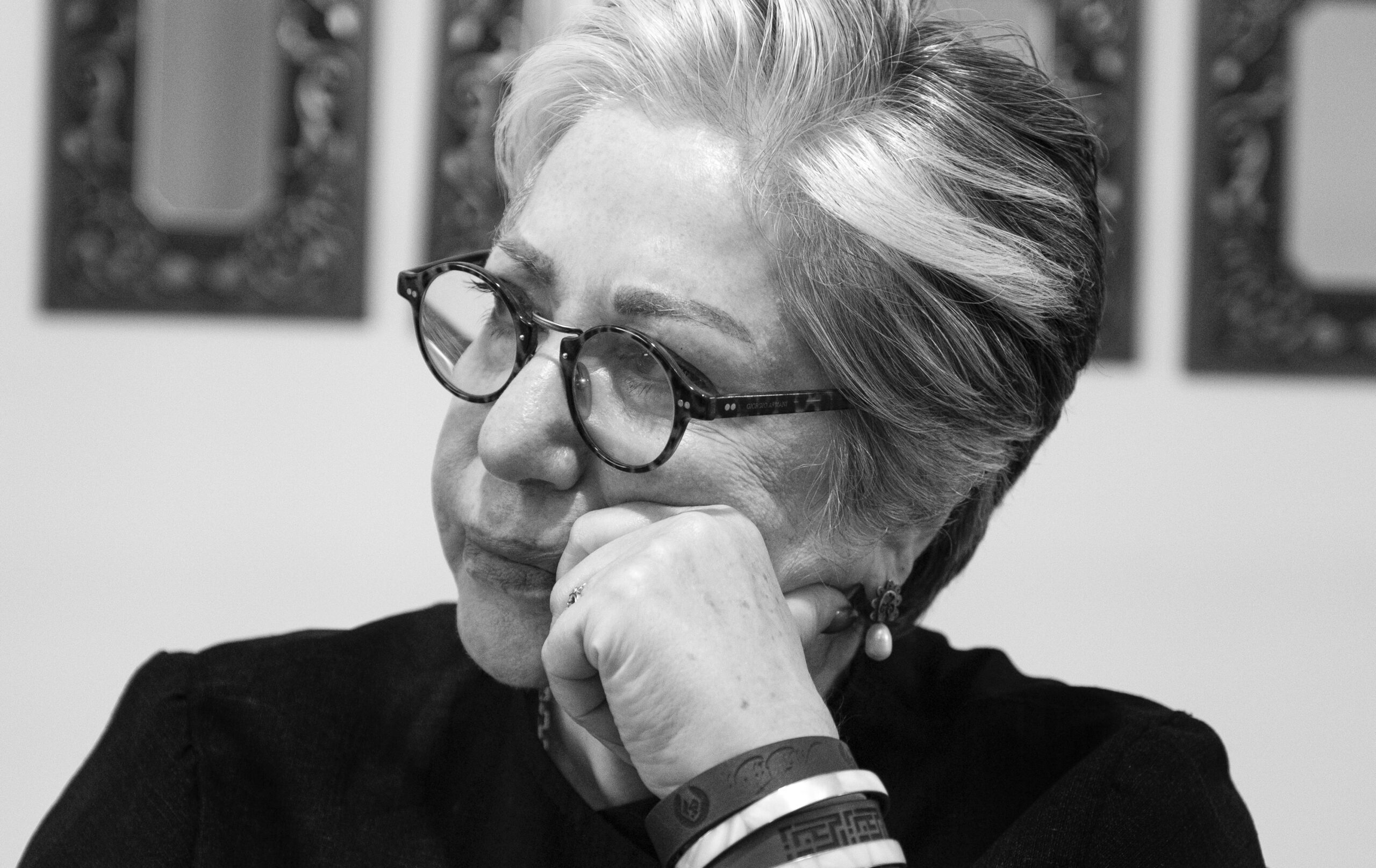
Our Times …
Documentary, 35mm, 2002, 3 versions (65 min in Betacam-75 in Betacam and 35mm- 35 min in Betacam)
Synopsis
An Afghan teen girl, with immigrant parents in Iran, strives to pursue her dream of becoming a professional Muay Thai boxer despite her family’s conservative mindset, enduring physical abuse, and anti-immigrant surroundings. Working day and night, she finances her Thai Boxing classes without her family’s knowledge. Through this sport, she aspires not only to succeed in the ring but also to overcome life’s obstacles. “Maydegol” portrays the perseverance of Generation Z to escape their seemingly bleak destiny, asserting their rights, especially as women, seeking freedom in life despite the risk of losing it. It also serves as a mirror for them to recognize their strength, find inspiration, and gain confidence.

Cast & Crew
Director Rakhshan Banietemad
Co Directors Mohsen Abdolvahab, Mona Zandi
Photography Soheil Norouzi
Editors Piruz Kalantari, Mohsen Abdolvahab, Nava Rohani
Sound & Mix Mohammad-Reza Delpak, Hossein Mahdavi
Producers Jahangir Kosari, R. Banietemad
Production Companies 79 Cinema Organization





DIRECTOR’S Statement
During the presidential elections of 1997 in Iran, more than twenty million people gave their vote to Khatami. Four years later in 2001, lots of them, disappointed of process of reformations, were discouraged in re-voting Khatami. But in the meantime, Iranian youngsters, forming more than half of the country’s population, participated actively in elections with this aim that their support would strengthen Khatami against conservative forces. The presence of those who, for the first time, were taking part in a political movement, and also “Arezu”, a young lady at the highest level of poorness and family problems who introduced herself as a presidency candidate, became the reasons that encouraged me to make a film about this period to be recorded in the history…






